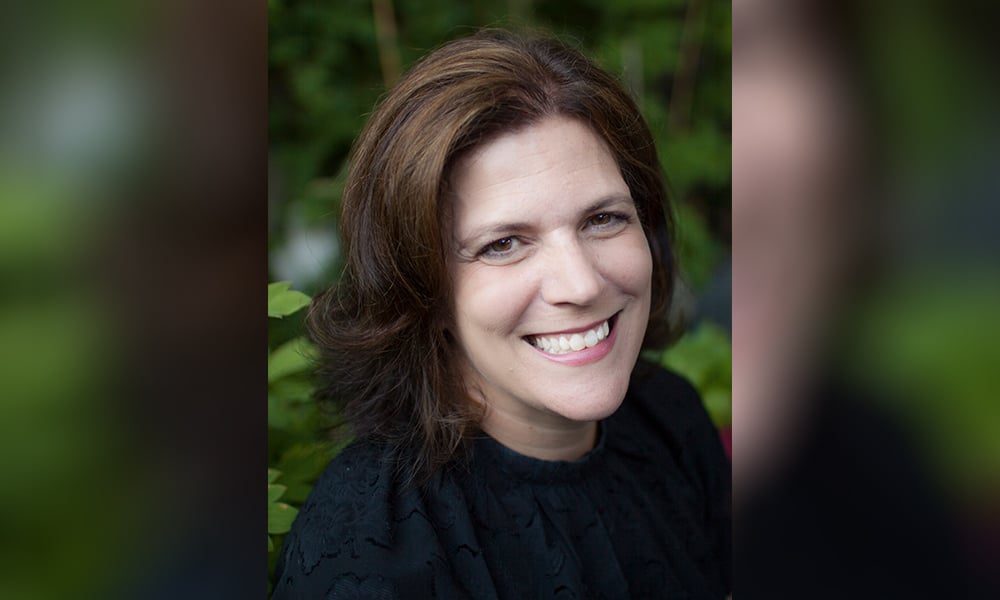
Incoming CEO wants to maintain strong connection with frontline services

Lisa Cirillo will be the new CEO of the Law Foundation of Ontario, assuming the role Sept. 8. She will replace Tanya Lee, who has stepped down after leading the Foundation since 2015.
With COVID-19 highlighting and reinforcing the chasm between the more-fortunate and the marginalized, Cirillo told Law Times that the the Foundation’s greatest strength is its “deep connection” to frontline services.
“It's such an interesting time in history right to take the lead in an organization like this,” Cirillo says. “… What we do see very clearly is that the impact is being felt more strongly by low-income and racialized communities. We see that, actually, internationally. And it's not surprising.”
“As the sole organization in Ontario that exists with the sole mandate to improve access to justice, I would like to see the the Foundation really try to stay in touch with and connect with and work closely with agencies on the front line to identify these new and emerging legal issues that are coming out COVID and to be able to pivot to provide those supports as people need them.”
The Foundation's board chair Linda Rothstein said in an the Foundation statement that the board and staff are “delighted” to welcome Cirillo, adding that her legal background is well-suited to her new role.
“Lisa brings such well-rounded experience in social justice, poverty law, and legal education grounded in an understanding of community need. We’re confident that Lisa’s values and expertise will keep the Foundation resilient and responsive to the diverse access to justice needs in Ontario.”
Cirillo has spent her career working in public interest organizations. Called to the bar in 1998, she first articled then worked for the Ontario Human Rights Commission. Though she calls it a “fabulous training ground,” she quickly found she would prefer working closer to the community, rather than for government. She joined the ARCH Disability Law Centre – one of Legal Aid’s speciality law clinics – before joining Downtown Legal Services, a legal clinic at the University of Toronto Faculty of Law.
Cirillo then veered toward public legal education. She managed the Family Law Education for Women project, an initiative aimed at arming marginalized women with knowledge of their legal rights. She was also involved with the Your Rights Your Language project, with Community Legal Education Ontario. Your Language Your Rights helped newcomers to Canada with legal education and information in various languages.
She then returned to Downtown Legal Services and served as executive director since 2010.
Cirillo says that as the access to justice problem worsens, support for organizations like DLS must not wane.
“Across the province, the community clinic system and the student Legal Aid clinic system provides invaluable support to low income communities and have done so for over 40 years,” she says. “They're already providing an incredible amount of support, particularly given the way in which they’re resourced. I think the way to strengthen them is to continue to invest in them and to continue to recognize that the services they provide are absolutely essential.”
“Even though they've been around for 40 years, we know from all of the literature and from what we see in the courts and tribunals across the country, the access to justice problem hasn't gotten any better. It's actually gotten much worse.”
Cirillo sits on a number of boards including the National Association of Women and the Law’s National Steering Committee, Legal Aid Ontario’s Clinic Law Advisory Committee and the Ontario Human Rights Commission’s Community Advisory Group. She was on the Board of the Association for Canadian Clinical Legal Education for eight years, including a stint as president from 2013 to 2017.